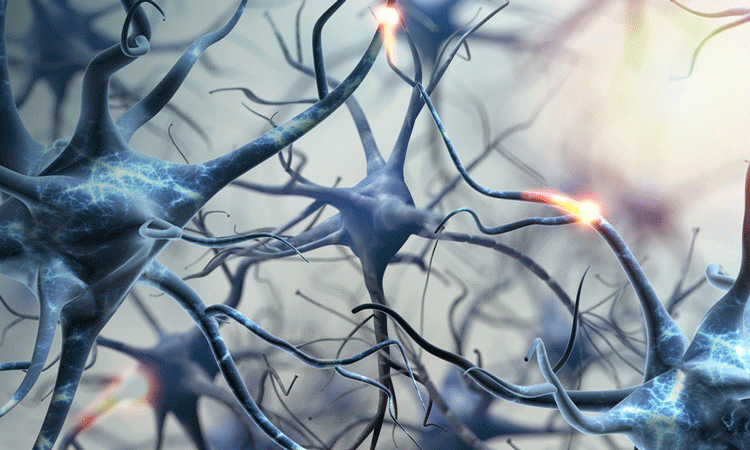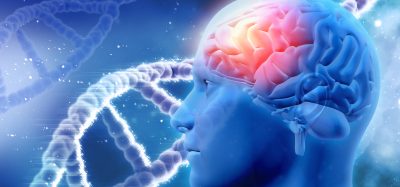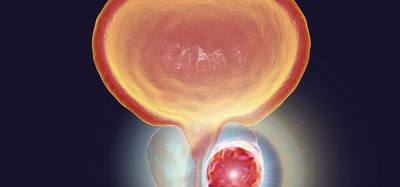Neuronal link between chronic pain and depression discovered
Posted: 27 September 2019 | Victoria Rees (Drug Target Review) | No comments yet
The mechanism in the brain connecting chronic pain and depression could lead to treatments for both, according to researchers.


A study conducted at Hokkaido University, Japan, has revealed the brain mechanism linking chronic pain and depression in rat models. According to the researchers, their findings could lead to the development of new treatments for the conditions.
“Clinicians have known for a long time that chronic pain often leads to depression, however the brain mechanism for this was unclear,” said Professor Masabumi Minami, one of the authors of the paper.
Using an electrophysical technique to measure the activities of neurons after four weeks of chronic pain in rats, the researchers investigated the neuronal pathways. They found that persistent pain caused changes in the pathway projecting from the brain region known as ‘bed nucleus of the stria terminalis’ (BNST) to the region termed ‘ventral tegmental area’ (VTA).
Biomarkers aren’t just supporting drug discovery – they’re driving it
FREE market report
From smarter trials to faster insights, this report unpacks the science, strategy and real-world impact behind the next generation of precision therapies.
What you’ll unlock:
- How biomarkers are guiding dose selection and early efficacy decisions in complex trials
- Why multi-omics, liquid biopsy and digital tools are redefining the discovery process
- What makes lab data regulatory-ready and why alignment matters from day one
Explore how biomarkers are shaping early drug development
Access the full report – it’s free!
Signalling mediated by corticotropin-releasing factor (CRF), a neuropeptide known to be involved in negative emotions, was found to be enhanced in the BNST of the models.
…drugs targeting neuropeptides such as CRF could be developed to treat chronic pain and depression”
The team demonstrated that this enhanced CRF signalling leads to suppression of the brain reward system. This is considered to be an underlying mechanism of depression.
“By clarifying the mechanism by which the brain reward system is continuously suppressed, we found the missing link between chronic pain and depression,” said Minami.
Using a drug to block the excessive CRF signals, the researchers found that the activity of dopamine neurons, which are critical in the brain reward system, was increased. They concluded that drugs targeting neuropeptides such as CRF could be developed to treat chronic pain and depression in the future.
“These findings could not only lead to improved treatment of (the) emotional aspect of chronic pain, but also to new therapeutics for depressive disorders,” said Minami.
The findings were published in the Journal of Neuroscience.
Related topics
Disease Research, Drug Targets, Neurons, Neurosciences, Research & Development
Related conditions
Chronic pain, Depression
Related organisations
Hokkaido University
Related people
Professor Masabumi Minami








